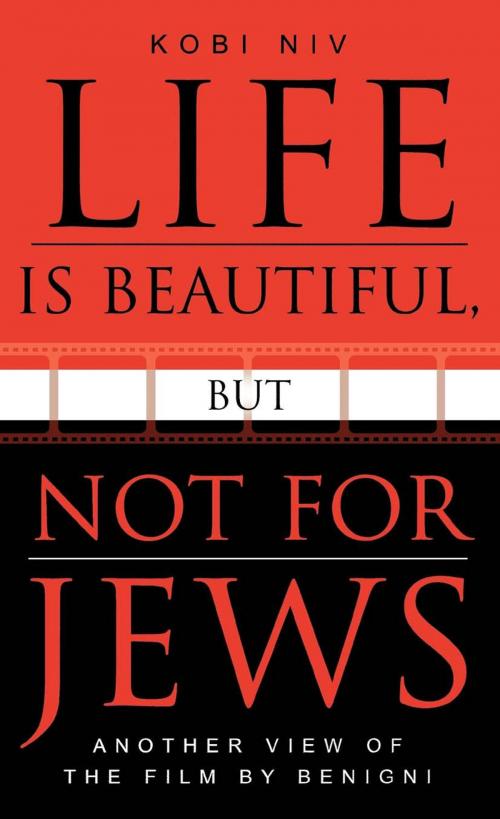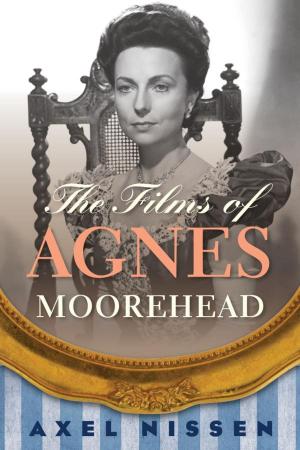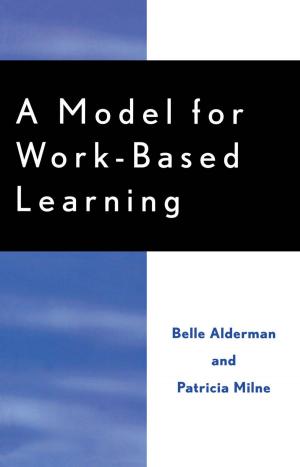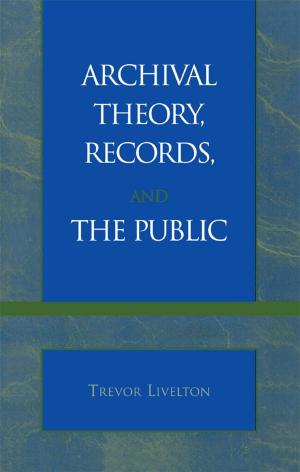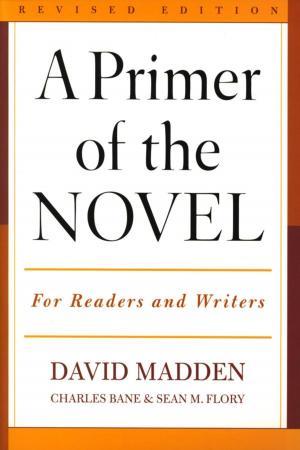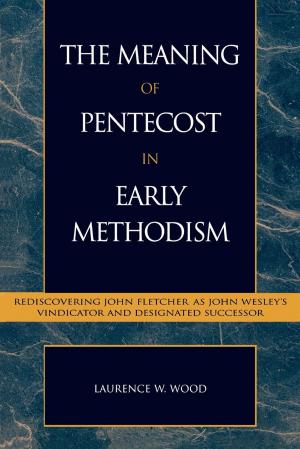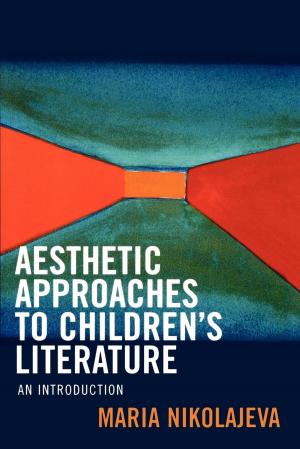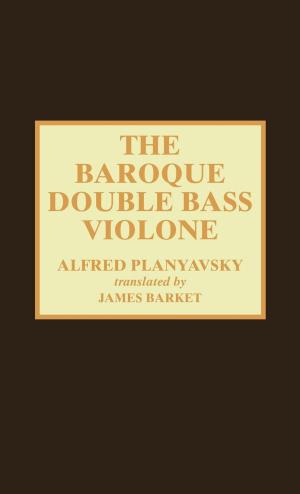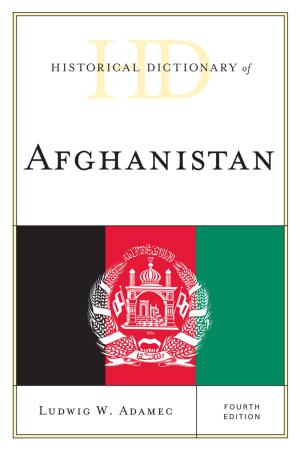Life is Beautiful, But Not for Jews
Another View of the Film by Benigni
Nonfiction, Entertainment, Film, History & Criticism, Performing Arts| Author: | Kobi Niv | ISBN: | 9781417503698 |
| Publisher: | Scarecrow Press | Publication: | September 29, 2003 |
| Imprint: | Scarecrow Press | Language: | English |
| Author: | Kobi Niv |
| ISBN: | 9781417503698 |
| Publisher: | Scarecrow Press |
| Publication: | September 29, 2003 |
| Imprint: | Scarecrow Press |
| Language: | English |
Roberto Benigni's romantic comedy Life is Beautiful enjoyed tremendous success everywhere it was shown. In addition to winning almost every possible film award, including three Oscars, lavish praise and film reviews, it grossed over a quarter of a billion dollars—the most profitable Italian movie ever. Very few have questioned the movie—until now. With sharp, uncompromising logic and eye-opening insight, Niv analyzes the film and its script scene-by-scene to show why Life is Beautiful is very far from being the innocent, charming, and heartwarming film it appears to be. The author argues that the film not only lends support to the central arguments of Holocaust deniers, but is actually a quasi-theological, Christian parable which seeks to justify the extermination of Jews in the 20th century as divine punishment for the sin of the crucifixion of Jesus two thousand years ago. Life is Beautiful, But Not for Jews is a riveting book that simply and concisely raises some important and complex ideas about film and psychology in post-Holocaust civilization. It also serves as an elementary course in the appreciation of films and artistic texts in general and in deciphering their deeper meanings, teaching the reader to more clearly grasp the hidden significance of cultural processes. This is the first English translation of the Hebrew text.
Roberto Benigni's romantic comedy Life is Beautiful enjoyed tremendous success everywhere it was shown. In addition to winning almost every possible film award, including three Oscars, lavish praise and film reviews, it grossed over a quarter of a billion dollars—the most profitable Italian movie ever. Very few have questioned the movie—until now. With sharp, uncompromising logic and eye-opening insight, Niv analyzes the film and its script scene-by-scene to show why Life is Beautiful is very far from being the innocent, charming, and heartwarming film it appears to be. The author argues that the film not only lends support to the central arguments of Holocaust deniers, but is actually a quasi-theological, Christian parable which seeks to justify the extermination of Jews in the 20th century as divine punishment for the sin of the crucifixion of Jesus two thousand years ago. Life is Beautiful, But Not for Jews is a riveting book that simply and concisely raises some important and complex ideas about film and psychology in post-Holocaust civilization. It also serves as an elementary course in the appreciation of films and artistic texts in general and in deciphering their deeper meanings, teaching the reader to more clearly grasp the hidden significance of cultural processes. This is the first English translation of the Hebrew text.
